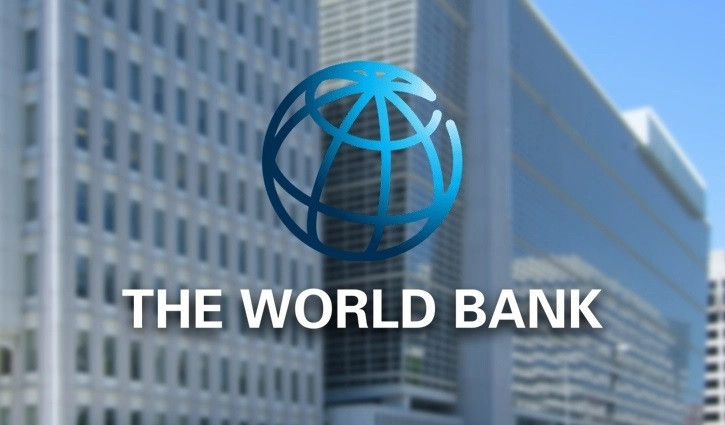Rising food price remains a concern to 71% of households in Bangladesh: WB
Daily Sun Report, Dhaka
Published: 02 Jan 2024

The higher food inflation has been observed in Bangladesh over the last year, and escalating food prices continue to be a matter of concern for 71 percent of households, according to the World Bank (WB).
According to the last population census, there are 41 million households in Bangladesh and as per the WB report, around 29.1 million households are worried over the rising food prices.
The Food Security Update released by the WB in December categorised countries into four groups based on their inflation rates, placing Bangladesh in the second category.
As per the WB report, food inflation was lower in India, Sri Lanka, Afghanistan, Bhutan and Nepal compared to Bangladesh during October-November last year while the figure was higher in Pakistan.
The World Bank Report says
In Bangladesh, government targets for 2022 to 23 production of food grains were marginally underachieved. Other food items (e.g., mustard seed) set new records.
The government is procuring buffer stocks as of December 10, 2023, there were stocks of 1.85 million tonnes, compared with 1.76 million tonnes in June and other programmes (procurement of rice exceeded targets by 11 percent).
Nevertheless, Bangladesh remains a food importer and the softening of commodity prices has caused the food grain import bill to be 1.4 percent lower than in 2022, and prices of non-grain food items were 20 percent lower.
Domestic rice prices have remained largely stable, although the price of high-quality rice has fallen since April.
Bangladesh introduced a rice export ban on October 17th that includes aromatic and non-aromatic rice.

